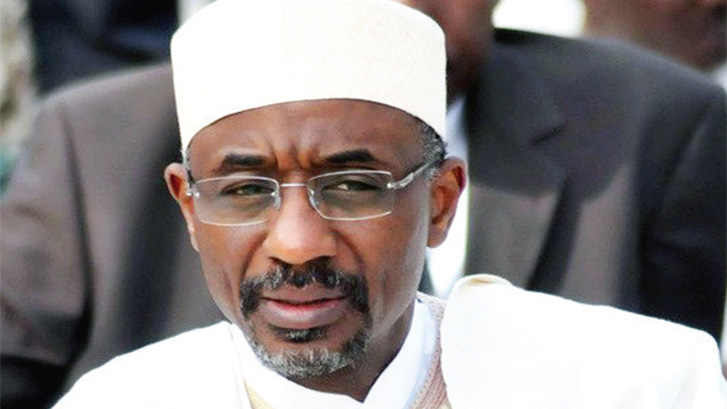
As Nigeria celebrates its 60th anniversary, Muhammad Sanusi II, the 14th Emir of Kano, former Central Bank Governor, and UN SDG Advocate, spoke on pathways to sustainable progress. He explained why Nigeria needs to evolve beyond its juvenile obsession with ethnic identity politics and start implementing the core vision of the 2030 Agenda for Sustainable Development Goal 4 and 5 on quality education and gender equality at the recently held virtual event ‘The Platform’ on Thursday, October 1st, 2020.
The event themed ‘Nigeria at 60’ was a high-powered conversation amongst notable Nigerians to discuss further and explore ideas on how Nigeria could achieve its maximum potentials and expand on its socio-political, economic growth and development. HH Muhammad Sanusi II highlighted key measures and steps Nigeria need to take to maximize its full potential.
“If we are to enhance Nigeria’s upward economic mobility further, our constitution will need to address diversity by gender and age, and not just by religion or ethnicity. There is no proof that being from one part of the country in Government does not necessarily translates into a better life for that part of the country.”
He further stated;
“We need to build institutions that keep people in various offices in check and also start assessing them transparently, so they all understand that you only deserve to remain on a seat if you have served well. These are the conversations we should be having rather than debating ethnic composition and distribution of various political seats. Religious and ethnic sentiments should not overshadow us. We all need to start asking the real questions about the people that can do the actual work and what they want to offer Nigeria to achieve its maximum potential.”
“As a country where more than half of its current population is female, it is time we had a constitution that is more inclusive and addresses diversity also by gender and age and not just ethnicity and religion. For example, why can’t we have a constitution that provides a maximum of 60 to 70% of ministers from one gender? This constitutional review will at least compel the Nation to have 30 or 40% of each gender in the cabinet. I firmly believe that there should be more women in senatorial positions, House of Representatives, State House of Assembly formulating policies for our country. We all must understand that if we do not start raising issues about women and have them in the decision-making processes, how then do we address the issues of the girl-child? Also, we have to understand that this is the 21st century, we have so many young people that are technologically advanced and are more prepared for the Fourth Industrial Revolution compared to my generation.” He concluded.
As part of HH Sanusi’s lifelong mandate for the implementation of the SDG 4 and SDG 5, he currently holds the position of Chairman, Advisory Board of 1MillionTeachers in Nigeria, and he’s a member of the parent company in Canada. He just launched an SDG Challenge aimed at finding equitable, cost-effective, and innovative ideas that provide opportunities to improve access to quality and gender-responsive education for women and girls in crisis, conflict, and fragile situations. The project aims to inspire and catalyze innovative community development activities that support the achievement of the SDGs, particularly quality education and gender equality.






